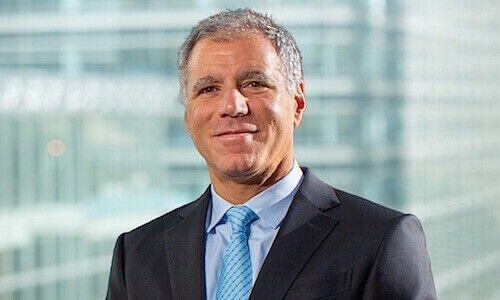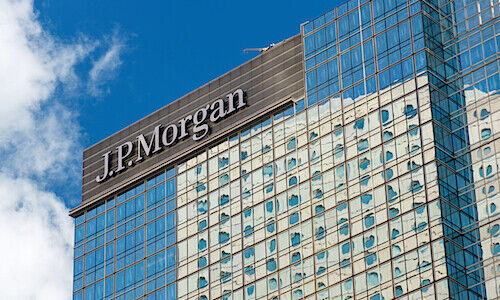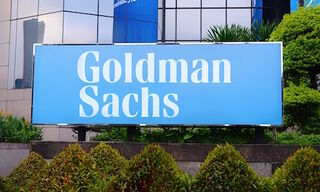Georges Elhedery Dispels Spin-Off Speculations
Following the announcement of HSBC’s latest restructuring, speculation has risen once again about whether the London-based bank may pursue a spinoff of its Asia business.
Two years ago, top HSBC shareholder Ping An had called for a spin-off of the bank’s Asia business, arguing that it could generate tens of billions of dollars in additional market value by focusing on the high-growth region. In a vote last year, other shareholders resoundingly rejected the proposal for a breakup.
Following the announcement of the latest overhaul that saw the bank reorganize its business structure into two geographies – eastern and western markets – speculation has resurfaced.
CEO’s Insistence
During a media call after the third quarter results, HSBC’s newly appointed CEO Georges Elhedery insisted that the East-West structure would not lead to a breakup.
«This is not either a precursor, or an intent, or a preparation for any split,» Elhedery said. «The global connectivity is a unique differentiation for us. Our customers see us as a major financial institution offering them distinctive capabilities in our global connectivity.»
Ping An’s Will?
However, according to a «Financial Times» report citing one longstanding shareholder, the restructuring was in line with the Chinese insurer’s will.
«Ping An wanted them to do this,» the shareholder said. «You could argue they’ve created more of a dichotomy between Asia and the west. It gives them more optionality if they wanted to hive off parts of the business, or if something goes horribly wrong in China, for example.»
«We engage with all our major shareholders in the regular course of business […] without commenting on any specific conversation,» Elhedery noted in response to a question about feedback from Ping An on the restructuring.
Geopolitical Risks
One of the issues that could go wrong is the geopolitical risk of sanctions due to ongoing tensions between China and the West. HSBC had previously faced challenges from grappling with opposing demands from the two sides during the civil unrest in Hong Kong and the Huawei extradition battle.
«The bank is future-proofing its business [ . . . ] if there are sanctions against Chinese banks, this makes it easier to immunize HSBC from that. It doesn’t cure it, only a break-up would cure that,» said another unnamed source in the «Financial Times» report.
«There is no geopolitical reason why we have done this [restructuring],» Elhedery said. «There is no intent whatsoever or preparation whatsoever for more than just it being a simpler way to deliver to our customers.»
Restructuring to Take «Months, Not Years»
While Elhedery did not provide details on the costs and jobs that will be affected by the restructuring, he did note that it will be a speedy exercise.
«This is a matter of months, not years. We do expect the payback period to happen in a short time frame, mostly during the course of 2025,» he said.
Cost Cuts Already Underway
Meanwhile, the bank’s cost-cutting efforts are already underway. In addition to the sale of non-core businesses in Argentina, Armenia, South Africa and private banking in Germany, HSBC has reportedly seen the exit of senior executives like Stephen Moss, who led Middle East and North Africa operations, as well as Colin Bell, who led Europe.
«We are going to see a reduction of numbers of senior roles […] over the coming month that will be part of this reorganization,» Elhedery added. «The cost benefits are an ancillary benefit. They are a result of the simplification.»
The bank said that further details about the restructuring will be announced during the full-year results in February as part of a wider business update.
























